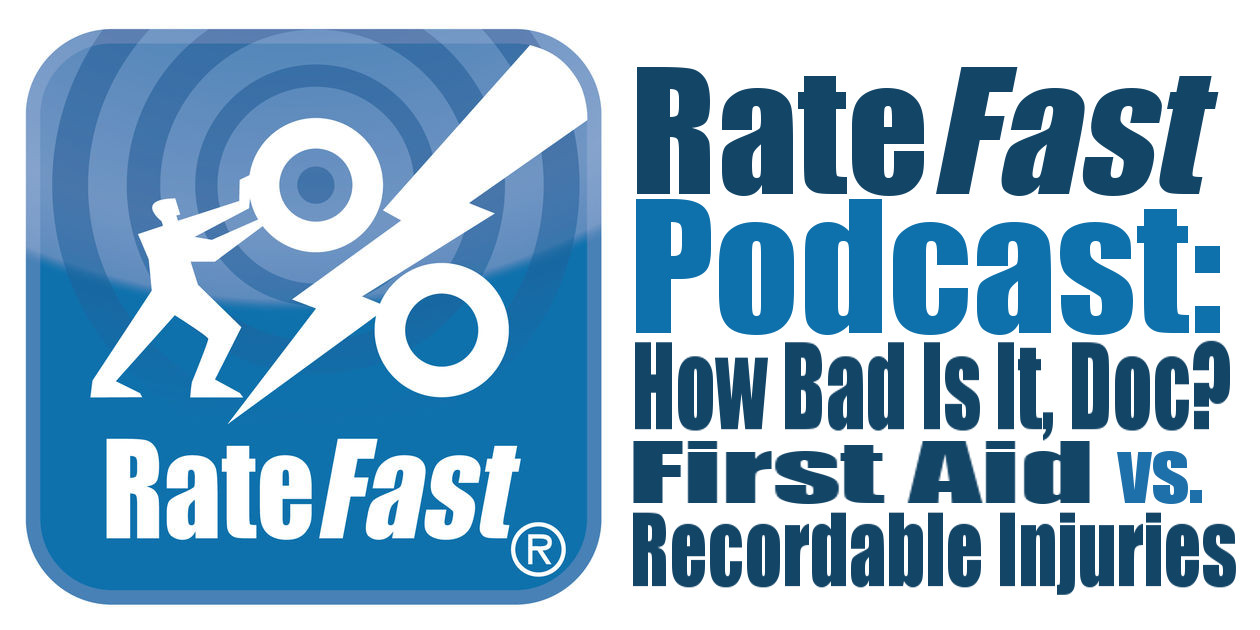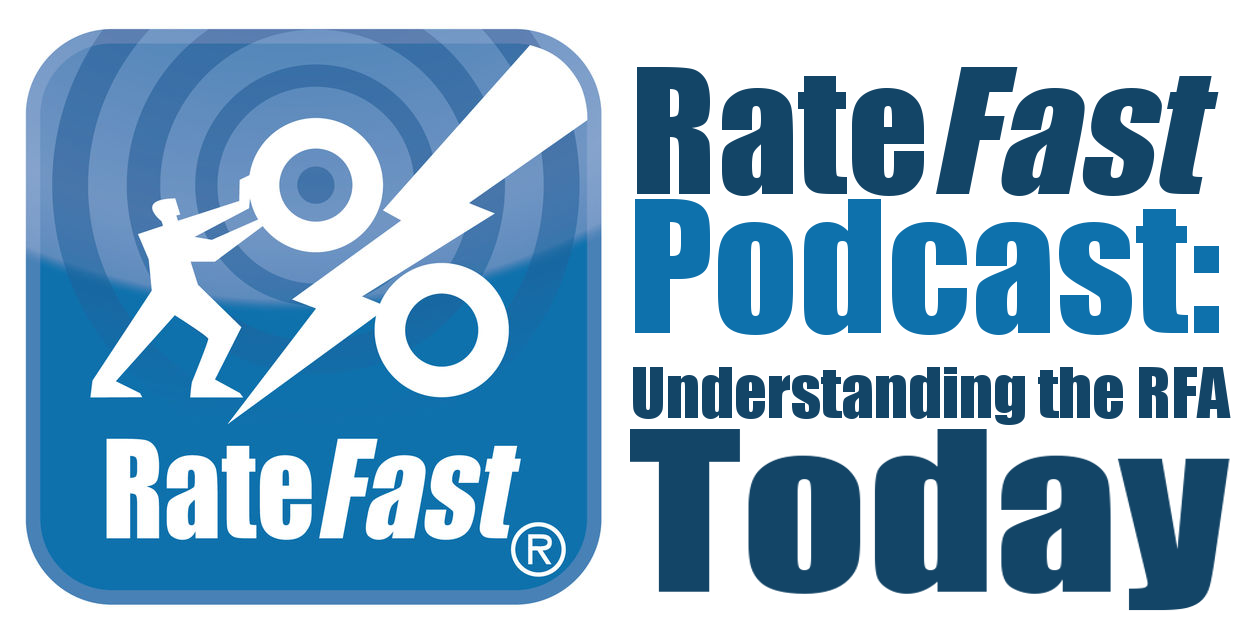This article is a transcriptions of an episode of the RateFast podcast, which you can listen to by searching “RateFast” in iTunes or the iOS podcast store.
If you’re a workers’ compensation provider, adjuster, or case manager check out RateFast Express: the service that writes your impairment reports for you!
Not all work-related injuries require a workers’ compensation claim. The severity of an injury marks the difference between a recordable injury (opening formal claim that involves follow-up visits and an impairment rating), and the simple application of first aid.
Most first aid injuries can be recognized and treated on the spot, but the doctor always has the full authority to determine whether or not to open an injury claim. Read on to learn about how this decision is made.
Continue reading RateFast Podcast: How Bad Is It, Doc? First Aid vs. Recordable Injuries








